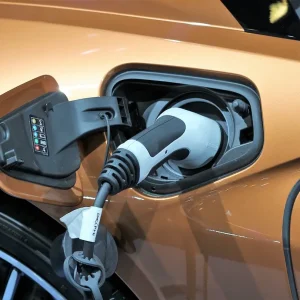
The UK new car market grew for the 24th consecutive month in July, with fleets again chiefly responsible.
Figures from the Society of Motor Manufacturers and Traders (SMMT) reveal year-on-year growth of 2.5% last month.
Continuing the general trend of recent months, fleet registrations were responsible for the overall increase, with the segment up by 13% year-on-year, and taking a 62% market share.
Private registrations were down by 11.1% – although the SMMT said the growing popularity of salary sacrifice cars would contribute to this decline – while there was a 9.3% decline in business registrations, classed as those to fleets with fewer than 25 vehicles.
In terms of fuel mix, pure EVs had a strong month, up by 18.8% year-on-year for an 18.5% overall market share, including a 0.9% increase in private registrations – although the SMMT pointed out that the EV market share for private buyers had fallen to just 17.2%.
Despite the overall increase in EV sales, the organisation pointed out that they were still below the level required by the UK Government’s ZEV mandate. It also said it had revised its full-year EV market share projection down from 19.8% to 18.5%
Plug-in hybrids were up by 12.4% in July, taking 8.9% of the overall market, while conventional hybrids were up by 31.4% to take a 14.5% market share.
Petrol car registrations were down by 5.9%, taking 52.1% of the market, while diesels were down by 21.9% for a 5.9% market share.
SMMT chief executive Mike Hawes said: “Two years of new car market growth against a backdrop of a turbulent economy is testament to the sector’s resilience and the attractiveness of the deals on offer.
“Weakening private retail demand, however, particularly for EVs and despite generous manufacturer discounts, is the over-riding concern. More people than ever are buying and driving EVs but we still need the pace of change to quicken, else the UK’s climate change ambitions are threatened and manufacturers’ ability to hit regulated EV targets are at risk.
“Achieving market transition at the pace demanded requires greater support for consumers and, with the all-important new numberplate month of September beckoning, action on incentives and infrastructure is needed now.”





